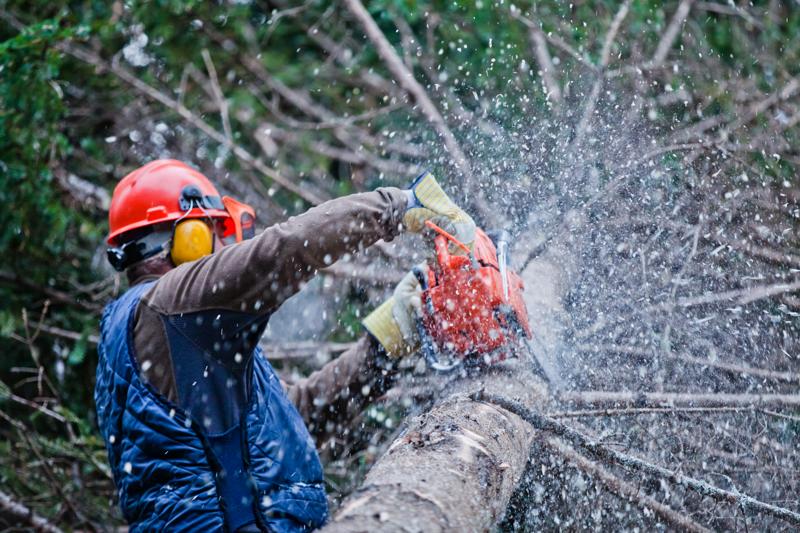The Length of Time Tree Roots Live On

Tree removal is a necessary job for many property owners, but it’s not as simple as cutting off the branch and allowing the roots to decompose. Understanding the longevity of tree roots is crucial for ensuring it is done properly and safely. The article below we’ll look at the time that tree roots live after a tree is removed and address some of the most frequently-asked questions about this topic.
How long do tree roots live after cutting down?
The lifespan of the tree’s roots after it has been cut down can differ greatly based on the type of tree, the size of the root, and the environment conditions. In general, it’s reasonable to believe that tree roots will remain alive for several years after a tree has been removed. The reason for this is that the roots are still capable of taking in moisture and nutrients from soil long after the plant is removed.
The factors that determine the longevity of Tree Roots
There are a variety of aspects that impact the life span of tree roots after a tree has been removed. Some of these include different species of trees Certain species of trees have roots that are more robust and last longer than others. For example, oak tree roots have been observed to live for several decades after the tree has been cut down. Size of roots The bigger the roots of a tree are, the longer they will likely live after the tree has been taken down. The reason for this is that larger roots are able to absorb moisture and nutrients from the soil. Environmental conditions: The soil type, temperature, as well as moisture levels in the area that the tree was removed can affect the life span and longevity of roots. If the soil is dry and compacted the roots will decompose faster. In the case of soil that is well-drained and moist the roots will last longer.
What Happens to Tree Roots After Cutting Down?
If trees are cut down the roots gradually begin to decay. This process can take several years depending on the circumstances discussed above. At this point, the roots will slowly discharge nutrients to the soil, which is beneficial to other plants that are in the vicinity. Once the roots have fully gone through their decomposition, they will no longer be a danger to structures or landscapes around them.
FAQs:
Can tree roots regrow after being cut down?
Tree roots are not able to regenerate after a tree has been removed. Once the roots have been removed, they will gradually begin to break down and no longer be capable of regrowing.
Can tree roots continue to expand after cutting them down?
Tree roots won’t continue to grow after a tree is taken down. However, they will remain alive for a number of years, as they are still capable of absorbing moisture and nutrients out of the earth.
Are tree roots likely to continue to grow even after the tree has been cut down?
It is not true that tree roots aren’t going to continue spreading after the tree has been taken down. After the tree is taken down, the roots are slowly beginning to break down and no longer pose a threat to surrounding structures or landscapes.
Conclusion:
In conclusion, the duration of tree roots following the tree is removed can be a lot depending on several factors. Knowing the duration the roots of trees will last is crucial for ensuring that the removal of trees is done in a safe and secure manner. If you have an existing tree that requires being removed it is always recommended to hire a professional Expert Arborist Brisbane arborist to carry the task. Our highly skilled and knowledgeable arborists have the necessary equipment and experience to safely and efficiently remove trees and resolve any concerns regarding the longevity that the tree’s roots. Contact us now by calling 1300 261 696 to schedule a consult and to learn the details about our services for tree removal in Brisbane. Don’t put your home at risk or putting yourself at risk by attempting to remove a tree your own. Let the experts at Expert Arborist Brisbane handle all of the tree removal requirements.





















